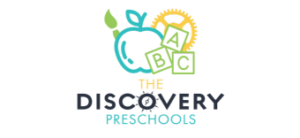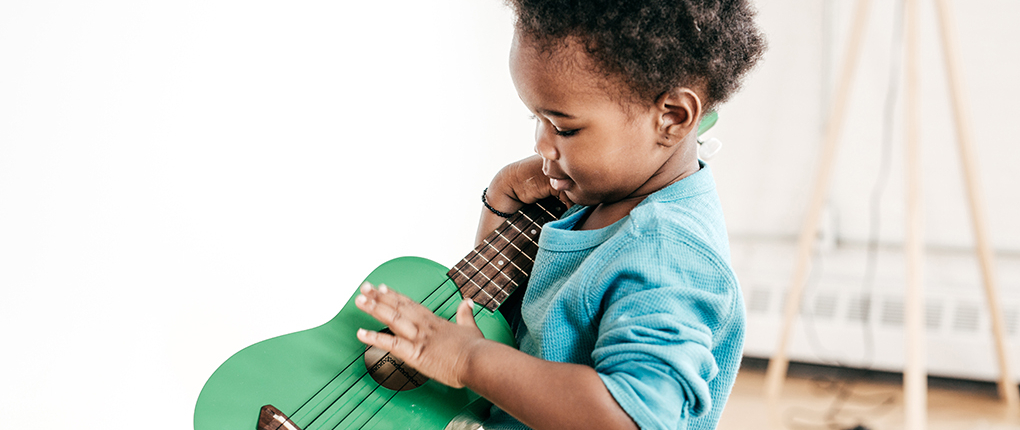The Powerful Effect of Music on Brain Development
Music is an essential part of any quality early childhood education program. The benefits start in utero around 27-29 weeks from conception, and continue throughout one’s educational tenure and beyond.
What do we mean exactly by music? According to Merriam-Webster dictionary definition: “an artistic form of auditory communication incorporating instrumental or vocal tones in a structured and continuous manner.” Music can communicate via tone- what words cannot adequately express.
Embryos may hear sounds in the womb around 18 weeks including the mother’s heartbeat, breathing, and digestive sounds. Between 27-29 weeks they can hear voices and low frequencies allowing them to hear the pitch and tone of a song, but not the lyrics.
Howard Gardner, psychologist and author, best known for his theory of multiple intelligences added Musical Intelligence to his list of learning styles and approaches. Those who exhibit a propensity for music are sensitive to sounds, rhythms and tones and are typically able to play, sing, or compose music.
Music has physiological implications on the brain. These include:
- an increase in dopamine production (associated with pleasure & reward centers)
- lowers stress hormones (i.e. cortisol)
- increases serotonin & other hormones related to immunity
- Increases oxytocin, a chemical that fosters ability to connect to others
This is largely due to the fact that music impacts three different parts of the brain: motor, visual, and auditory cortices.
Evidence proves that early music education may:
- help solve complex problems
- moderate emotional states
- help language acquisition
- improve memory
Research shows support in achievement in developmental milestones:
- Literacy – including phonological awareness & comprehension
- Mathematical competency – including spatial-temporal and reasoning
- Social-Emotional- assisting with self-regulation
- Physical – including fine and gross motor skills
- Creative- encouraging thinking “outside the box”
Music may easily be incorporated into every aspect of learning both at school and at home. The stimulation of alpha waves in the brain creates a sense of calmness. In the words of Louis Armstrong, “Music is life itself.”
Our two main locations are in Newtown and Warrington and we support the Doylestown area.
Request more information by completing the form below!



